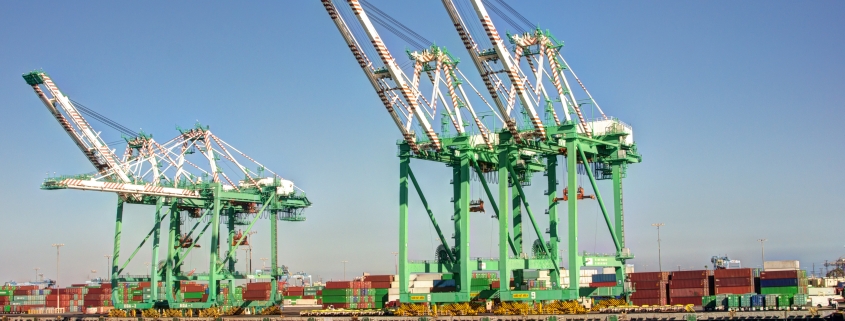Transportation Roundup: FMC releases notice of proposed rulemaking
The Federal Maritime Commission (FMC) released a Supplemental Notice of Proposed Rulemaking (SNPRM) Monday, proposing how it would implement the prohibition on common carriers unreasonably refusing available cargo space for shippers.
The SNPRM will address issues raised during the comment period for the Notice of Proposed Rulemaking (NPRM) in September 2022 regarding refusal to deal or negotiate vessel space. The SNPRM contains changes from this NPRM including:
- Adding language to establish the elements for a refusal of cargo space accommodations claim.
- Revising the definition of transportation factors to focus on vessel operation considerations.
- Revising the definition of the term “unreasonable” to include a general definition and a non-exhaustive list of unreasonable conduct scenarios.
- Clarifying that vessel space services are included in the definition of vessel space accommodations.
- Proposing a mandatory export policy documentation requirement as an alternative to the previously proposed voluntary export strategy.
- Removing the voluntary certification provision.
The SNPRM is available in the Federal Register here. It is scheduled to be published Wednesday and open for comments for 45 days.
SSGA encourages its exporter members to examine the Proposed Rule and make comment. Also, please reach out to SSGA with any comments we may, through the Competitive Shipping Action Team, also put forward during the comment period.
In other transportation news:
The West Coast labor situation seems to change each day but Tuesday’s day shift was running normal operations. This come after the International Longshore and Warehouse Union (ILWU) and maritime employers agreed to a cooling off period in their negotiations with Julie Su, the acting Secretary of Labor.
In Canada, 99% of ILWU union workers voted in favor of a strike which would further complicate U.S. shipping. The Port of Vancouver, Canada’s largest port, would be affected most. 15% of container trade through Vancouver is to or from the U.S. Farther north at the Port of Prince Rupert, about two-thirds of container import are destined for the U.S. by rail. Read more from CNBC here.







Leave a Reply
Want to join the discussion?Feel free to contribute!